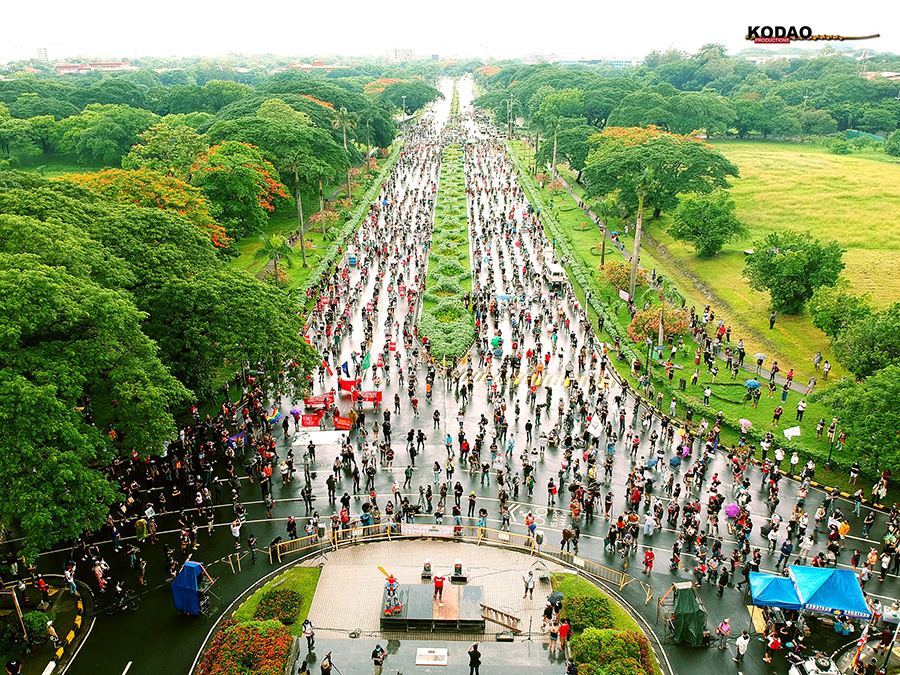Canada conducts hearing on the human rights crisis in the Philippines; urged to take action
The Canadian House of Commons (HOC) conducted a hearing on the human rights situation in the Philippines on Tuesday (May 4 Canadian time and early Wednesday, May 5, PH time) amid growing calls to the North American government to end its policy of “quiet diplomacy” with the Rodrigo Duterte government.
Karapatan secretary general Cristina Palabay and Rappler’s Maria Ressa testified at the hearing, along with Quebec lawyer and International Coalition on Human Rights in the Philippines – Quebec co-chairperson Guy-Lin Beaudoin and MiningWatch Canada’s Catherine Coumans.
Palabay told the HOC Subcommittee on International Human Rights of the Standing Committee on Foreign Affairs and International Development that the Duterte government’s “murderous” counter-insurgency campaign violates the principle of distinction between civilians and combatants.
The killing of 394 civilians, including 15 Karapatan human rights workers, is an “epidemic of rights violations,” Palabay said.
“We implore the Canadian government to take action on these concerns with urgency, as our country further descends into an authoritarian state,” Palabay added.
Ressa echoed Palabay, adding the Philippine government has “weaponized” laws to go after human rights defenders, lawyers and journalists like her.
Rappler’s co-founder and executive editor said women are more vulnerable from attacks, citing as examples her 10 arrest warrants and two arrests as well as the imprisonment of fellow journalist Frenchie Mae Cumpio and Senator Leila de Lima.
Canadians against rights violations in the PH
Canadian human rights defenders also testified at the briefing to urge their government to fulfill its human rights obligations to the international community.
Beaudoin challenged the Canadian Foreign Ministry of Foreign Affairs to publicly condemn the reported atrocities committed by the Philippine government and its security forces on the Filipino people and called for the suspension of all Canadian support to the Philippine government’s anti-terrorism and counterinsurgency programs.
Beaudoin also called on their foreign minister to urge the Canadian Embassy in Manila to apply vigorously the tools in Canada’s guidelines on supporting human rights defenders to protect those who face immediate danger of being killed or arrested.
Enumerating human rights violations associated with Canadian mining companies operating in the Philippines, Coumans for her part called on Canada “to fulfill its obligation to protect human rights in the context of the deteriorated human rights situation in the Philippines.”
“[I]n particular, to protect those who are criminalized and whose lives are threatened for speaking out in defense of human rights and the environment,” Coumans said.
She said the Canadian Embassy in Manila has not been doing enough in protecting people who seek its assistance and support. # (Raymund B. Villanueva)



